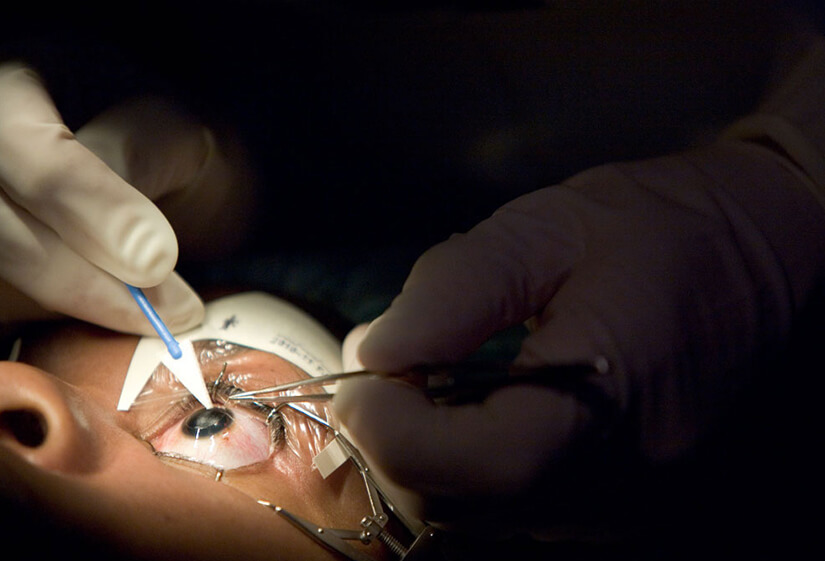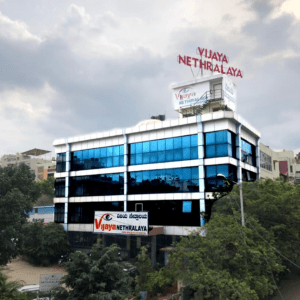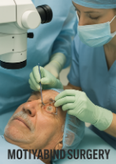Night blindness, is known as nyctalopia, is a condition that impairs a person’s ability to see clearly in low light or darkness. While it’s not a disease in itself, it can be a symptom of an underlying problem.

Causes of Night Blindness:
- Vitamin A Deficiency: Vitamin A is essential for maintaining good vision, particularly in low-light conditions. A deficiency in this vitamin can lead to night blindness.
- Genetic Factors: Some individuals may inherit genes that predispose them to night blindness. Certain genetic conditions, such as retinitis pigmentosa, can cause progressive night blindness.
- Eye Conditions: Conditions affecting the eye’s structure or function, such as cataracts, glaucoma, and retinal detachment, can contribute to night blindness.
- Age-Related Changes: As people age, their eyesight may naturally deteriorate, making it more challenging to see in low light.
Symptoms of Night Blindness:
- Difficulty driving at night
- Struggling to navigate in poorly lit environments
- Delayed adjustment to changes in light conditions
- Increased sensitivity to glare from lights
Diagnosis and Treatment:
It’s essential to consult an eye care professional for a comprehensive evaluation. Diagnosis typically involves a thorough eye examination, which may include visual acuity tests, refraction assessment, and evaluation of the retina and optic nerve.
Treatment for night blindness depends on its underlying cause:
- Addressing Vitamin Deficiencies: It is due to a vitamin A deficiency, supplementation may be prescribed to restore normal levels.
- Managing Underlying Conditions: Treating underlying eye conditions, such as cataracts or retinitis pigmentosa, can help alleviate symptoms. This may involve medications, surgery, or other interventions recommended by an ophthalmologist.
- Optical Aids: Using visual aids, such as prescription glasses or contact lenses, can improve vision in low-light situations.
- Adaptive Strategies: Individuals benefit from using adaptive strategies to enhance their safety and mobility in low-light environments. This may include using brighter lighting, avoiding driving at night, and using assistive devices like night-vision goggles.
Author Details:
Dr. Sushruth Appajigowda holds a prominent position as a Cornea, Cataract, Glaucoma, and LASIK Surgeon in Bangalore. He serves as the chief Cataract and Refractive surgeon at Vijaya Nethralaya Eye Hospital, Nagarbhavi Bangalore. Renowned as one of the finest LASIK surgeons nationwide, he brings with him over 12+ years of experience across multiple LASIK platforms, including ZEISS, ALCON, SCHWIND, AMO, and Bausch and Lomb. Having successfully conducted over 5000 LASIK procedures, Dr. Sushruth holds the title of a Certified Refractive Surgeon and a Fellow of the All India Collegium Of Ophthalmology. Furthermore, he stands as a distinguished speaker at various National and International Forums, using his expertise to guide you in selecting the most suitable procedure based on your health requirements.

Lhttp://vijayanethralaya.com/link-in-bio/
Conclusion:
Night blindness can significantly impact an individual’s quality of life, making everyday tasks challenging, especially in low-light conditions. However, with proper diagnosis and management, many people can effectively manage their symptoms and lead fulfilling lives. If you’re experiencing difficulty seeing at night or in dim light, don’t hesitate to seek guidance from an eye care professional.











